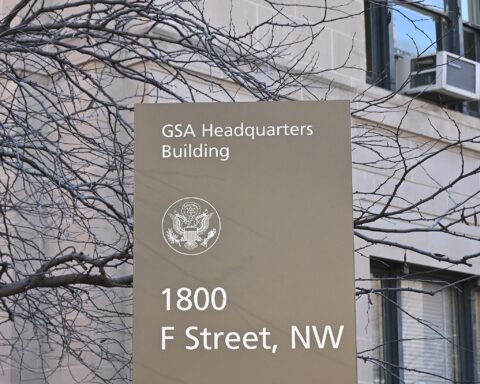The U.S. Department of Commerce’s National Telecommunications and Information Administration (NTIA) is approving four more states’ initial proposals for the federal Broadband Equity, Access and Deployment (BEAD) Program. This approval will offer nearly $4.3 billion in funds to expand states’ ability to connect residents to reliable, high-speed internet.
Alaska, Alabama, Florida and Ohio will now be eligible to request funding from the NTIA to initiate broadband deployment and develop broadband infrastructure. Under this round of BEAD funding, the states will engage in various identification, mapping, deployment and workforce training initiatives that will connect thousands of residents to broadband.
The Last Frontier, Alaska, will be eligible to request over $1 billion in BEAD funds to expand broadband infrastructure statewide. Alaska’s approved BEAD proposal includes two main segments: the initial proposal, which includes the Alaska Broadband Mapping Challenge and the Alaska Broadband Grant Program, and the final proposal.
To be funded through the BEAD program, the Alaska Broadband Mapping Challenge will identify locations without reliable internet connections and map them.
Under the Alaska Broadband Grant Program, the Alaska Broadband Office will provide subgrant opportunities to internet service providers and other broadband entities to take advantage of the state’s BEAD funding.
Kickstarting these efforts, the state will now offer a draft notice of funding opportunity (NOFO) for the Alaska Broadband Grant Program. Comments on the draft NOFO must be made in writing prior to Nov. 15. Additional resources on the Alaska Broadband Grant Program can be found on the Alaska Broadband Office website.
Moving to the contiguous states, Alabama’s approved BEAD proposal intends to enhance economic growth and job creation through the expansion of broadband to areas not currently connected to reliable, high-speed internet. After receiving NTIA approval, the state will have access to up to $1.4 billion for various broadband deployment and expansion initiatives.
As outlined in the Alabama Department of Economic and Community Affairs’ (ADECA) Five Year Action Plan, BEAD funds will be used to develop plans for broadband deployment to all unserved and underserved residents, leverage all funding opportunities to achieve universal broadband availability and address obstacles hindering broadband deployment. Additionally, ADECA will develop grant programs and resources for middle-mile and last-mile fiber deployments throughout the state.
Florida will be eligible to request over $1.1 billion to expand broadband access and develop a connected economy. Created in collaboration with several state and local partners, the BEAD funding will be used to further the state’s steps to a Connected Economy initiative, which has three main steps: availability, adoption and use.
Led by Florida’s Office of Broadband’s strategic guide, the state will pursue partnerships with local and regional entities to meet deployment goals, map and identify areas in need of reliable internet service and secure the availability of skilled workers, grant opportunities and service providers.
Through this funding, Florida intends to provide residents with increased access to internet-based resources, including workforce development, education and healthcare.
The last state approved under these BEAD announcements is Ohio, which is set to request more than $793 million in this round of funding. Ohio’s broadband expansion initiative, led by BroadbandOHIO, intends to connect every Ohioan to reliable, affordable, high-speed internet regardless of where they are.
To support broadband expansion initiatives, the state will utilize BEAD funding to deploy subgrant programs with an option for multiple rounds of funding – additional rounds may include opportunities for public-private partnerships.
BroadbandOhio will incentivize service providers to offer affordable services, hire from qualified apprenticeship programs and require all subgrantees to extend low-cost options for broadband.
Ohio has encouraged community engagement and public comments, especially in underserved communities, while the state decided on how to spend the BEAD funding. In the last round of public comments on Ohio’s BEAD proposal, commenters requested local hiring practices for broadband projects with transparent hiring processes and a fixed price for internet adjusted annually with the consumer price index.
The BEAD program is a $42.45 billion federal grant initiative established by the Bipartisan Infrastructure Law, which seeks to enhance and expand internet infrastructure across the country. The NTIA, the program’s administrative agency, is approving states’ initial proposals for BEAD funding on a rolling basis.
Some states have already committed their portions of BEAD funding. One of which, Minnesota, has announced $52 million in federal BEAD grants to support 26 internet service providers and connect an estimated 7,700 homes and businesses to reliable broadband internet.
For more information on the BEAD program, awardees, proposals and how to get involved, see the BEAD Program website.
Photo by Possessed Photography on Unsplash













